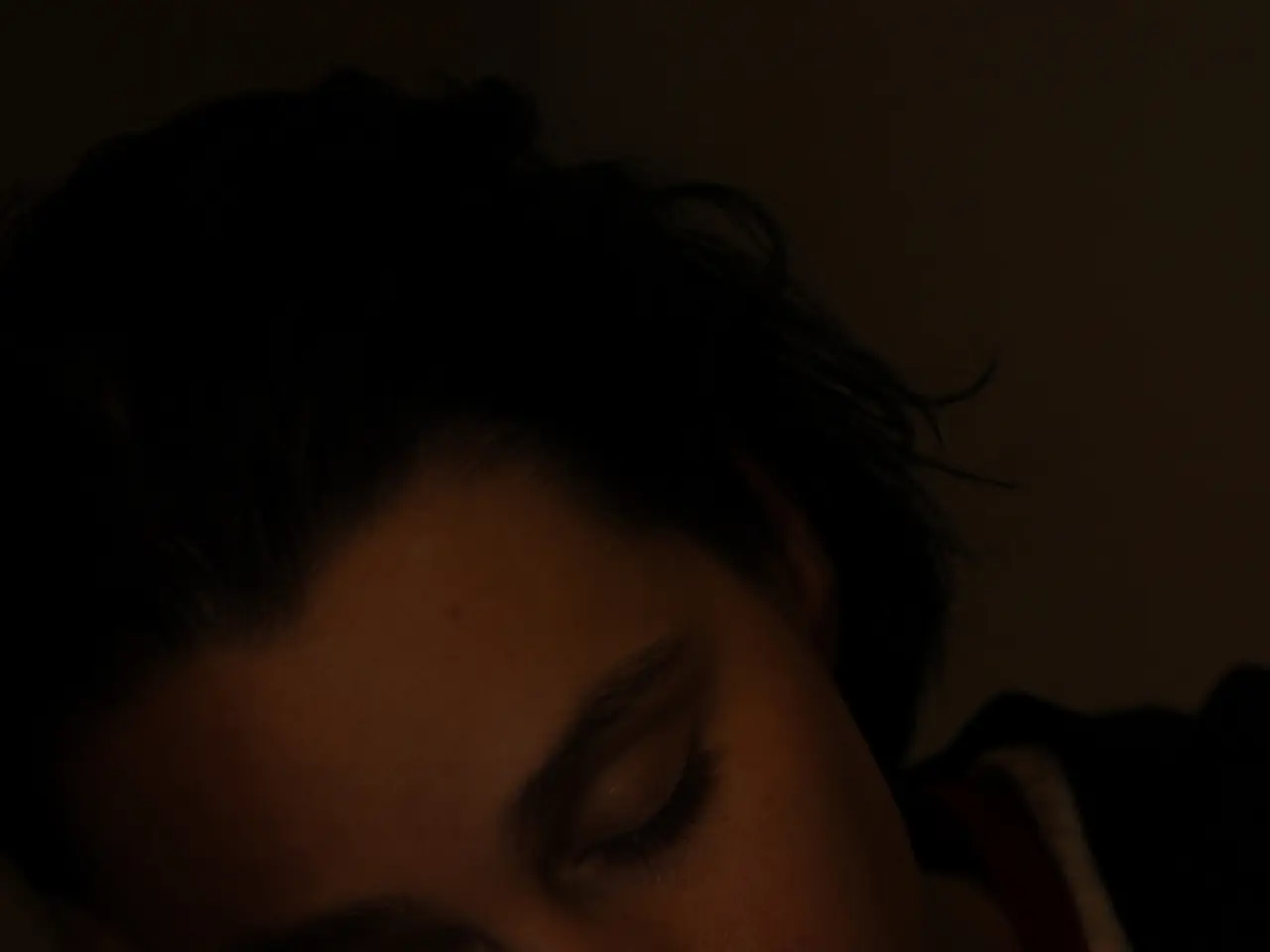Nighttime High Blood Pressure: Signs, Root Causes, Remedies, and Additional Information
In the battle against high blood pressure, a condition that affects millions worldwide, understanding the specifics of nocturnal hypertension is crucial. While the general approach to hypertension involves lifestyle changes and antihypertensive medications, the treatment for nocturnal hypertension requires a more strategic approach.
Getting enough good quality sleep is vital for maintaining healthy blood pressure levels. Lack of quality sleep can contribute to hypertension, heart disease, and stroke. People with nocturnal hypertension may experience sleep disturbances, nocturia (frequently waking with the need to urinate), sleep apnea, difficulty breathing, and snoring.
The key distinction in treating nocturnal hypertension lies in the strategic timing of medication administration. Rather than taking blood pressure medications in the morning, the focus is on bedtime dosing to better control nighttime blood pressure and reduce related cardiovascular risks. This approach lowers nighttime systolic and diastolic blood pressure more effectively and reduces the risks associated with elevated nocturnal blood pressure.
For example, a recent randomized clinical trial showed that bedtime dosing of olmesartan-amlodipine resulted in a greater decrease in nighttime systolic blood pressure by about 3 mm Hg compared to morning dosing, along with better overall 24-hour blood pressure control and circadian rhythm restoration.
The classes of medications used for nocturnal hypertension are similar to those for general hypertension and include angiotensin receptor blockers (ARBs), calcium channel blockers, ACE inhibitors, beta-blockers, and others. The main difference lies not in the choice of medication but in administering them at night to maximize nighttime blood pressure reduction and reduce cardiovascular events.
In addition to medication, lifestyle changes play a significant role in preventing and managing high blood pressure. Being physically active is recommended, with adults engaging in moderate-intensity exercise for at least 2 hours and 30 minutes per week. Eating a healthy diet, especially following the DASH diet, which is rich in magnesium, protein, fiber, calcium, and potassium and low in sodium, can also help prevent high blood pressure.
Avoiding or limiting alcohol consumption can further help prevent high blood pressure, as excessive alcohol can increase a person's blood pressure.
To diagnose nocturnal hypertension, a person may wear an ambulatory blood pressure monitoring cuff overnight. Various types of medications, including vasodilators, diuretics, calcium-channel blockers, ACE inhibitors, and beta-blockers, are used to treat nocturnal hypertension.
However, for certain populations, especially older adults or patients with coronary artery disease, lowering blood pressure too much at night can pose risks such as falls, stroke, or heart damage. Thus, timing and dosing must be individualized.
In summary, the main difference in treating nocturnal hypertension compared to general hypertension is the strategic timing of medication administration—bedtime dosing to better control nighttime blood pressure and reduce related cardiovascular risks—while the medication types often remain the same.
- The predictive significance of sleep quality in relation to cardiovascular health is evident, as lack of sleep can lead to high blood pressure, heart disease, and stroke.
- Psoriasis, a common skin condition, has been found to be linked with an increased risk of developing high blood pressure.
- In a workplace-wellness context, promoting fitness-and-exercise, skin-care, nutrition, and weight-management programs can contribute significantly to managing medical-conditions like high blood pressure.
- CBD, a compound found in cannabis, is being researched for its potential role in treating high blood pressure, although more studies are needed to confirm its effectiveness.
- Obesity is a significant risk factor for high blood pressure, and weight-management strategies should be incorporated into any comprehensive plan for controlling blood pressure levels.
- For patients with Alzheimer's disease, managing their cardiovascular health is crucial since heart disease is one of the leading causes of death among people with this condition.
- Depression is also associated with an increased risk of high blood pressure, and depression treatments such as therapies-and-treatments can help reduce this risk.
- COPD, or Chronic Obstructive Pulmonary Disease, can lead to high blood pressure due to the increased effort required for breathing, and strategies for managing COPD can indirectly help control blood pressure.
- Humans consume food not only for energy but also for maintaining their health-and-wellness, and a balanced nutrition plan can aid in preventing and managing high blood pressure.
- The AQ, or Air Quality, has an impact on blood pressure levels, with poor air quality contributing to elevated blood pressure.
- Science continues to explore new and innovative approaches for managing high blood pressure, including novel pharmaceutical treatments, lifestyle interventions, and even potential dietary supplements like CBD.




